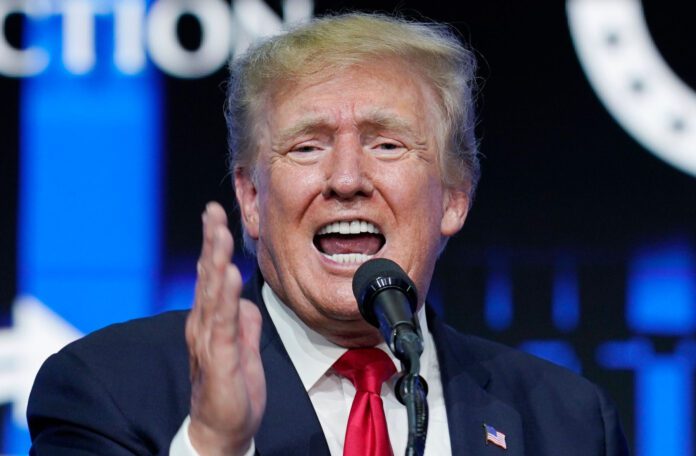
A STUDY by researchers at the University of Limerick has revealed that the ideological gap between the two main political parties in America has consistently widened over the last three election cycles.
After examining data from the American National Election Survey, the UL researchers established that the level of polarisation increased since the 2012 election, with the biggest increase in the 2016 and 2020 elections.
UL researchers used the data to show that there is less common ground between the two parties on key election issues.

Lead author of the study, Alejandro Dinkelberg, said the researchers had analysed the US data using a network of people connected by shared agreement on key political identity issues such as abortion, immigration, gay marriage and other items.
“It is interesting to see that the Republicans are spread out and move further away from each other.
The opposite is the case for Democrats; their attitudes align more when it comes to questions about the US government’s influence on welfare distribution or on how strong to regulate business’ influence on the environment,” Dinkelberg added.
The study shows that while Democrats generally became ideologically more similar to each other, Trump-era politics may have polarised the Republican party and their relationships with each other and other parties.


